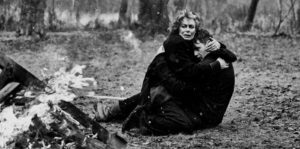
NEW TO THEATERS! Mark O’Brien reveals himself a force to be reckoned with by starring, writing, producing, and directing the dramatic horror-thriller The Righteous. The young man displays a filmmaking and storytelling dexterity far beyond his age, maintaining a firm stylistic grasp, effortlessly tackling hefty themes, and eliciting two magnificent performances from his leads. The talky, ponderous project may verge on overwrought at times, but there’s no denying its cinematic merit.
The plot centers around a priest, Frederic Mason (Henry Czerny), and his wife Ethel (Mimi Kuzyk), who are recovering from a terrible tragedy. Frederic, in particular, undergoes a violent spiritual crisis, blaming God and praying for punishment. It arrives in the form of Aaron (O’Brien), a young man who stumbles upon the Mason residence, seemingly out of nowhere, lost and disoriented, his foot injured. He’s presumptuous, overly inquisitive, with an eerie spark in his eye. Ethel doesn’t notice, utterly won over by the stranger.
Soon enough, Aaron reveals his real intentions to Frederic. To divulge them here would be a disservice to the story. Yet, it’s safe to say it involves the most morbid of requests, Aaron possessing supernatural abilities, and Frederic’s dark past gushing out. His spiritual crisis manifests itself in a demonic face-off, wherein the priest has to make an impossible choice. “I didn’t pray for this,” he cries towards the end, “not like this!”
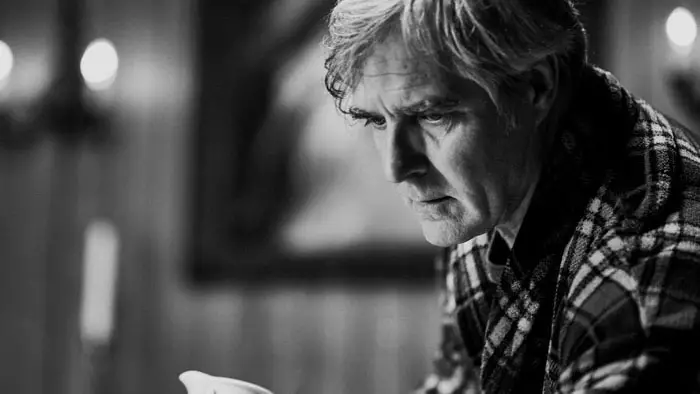
“…spiritual crisis manifests itself as a demonic face-off…”
“A sin will never cancel out another one,” another priest tells Frederic. Throughout The Righteous, O’Brien explores heavy subjects like penance, spiritual torment, mortality, and the perils of parenthood. He doesn’t shy away from visual metaphors: Frederic attempts to disassemble the memories that torture him by dismantling something of particular poignancy in the backyard. The film is splendidly shot in stark black-and-white by cinematographer Scott McClellan, which immerses the proceedings in suffocating gloom’n’doom. The filmmaker’s careful modulation of tone and rhythm, how gradually he reveals mysteries, and the mere fact that this is a dialogue/character-driven horror tale make it hard to believe that this is O’Brien’s feature-length debut.
Czerny is marvelous as the gradually unraveling Frederic, portraying a wide gamut of emotions, both endearing and repelling. The film serves as proof that the stalwart is one of our most underrated actors and deserves more screen time. Kuzyk is equally wonderful as someone who finds redemption in a young soul, preferring to suppress, replace and ignore rather than dwell. O’Brien keeps up, although some of Aaron’s monologues feel overly scripted, and the actor rips into his own words, emoting on all calibers. His performance approaches but doesn’t quite tip over into ham-fisted.
Let’s cut the man some slack, as he’s handling a slew of responsibilities here, and does it all well. “Be careful what you wish for and be certain what you pray for,” a character in The Righteous states. O’Brien must have wished and prayed for an insightful, disturbing, heartrending, borderline-Shakespearean film that carries his name. If so, he’s direct proof of God’s existence.
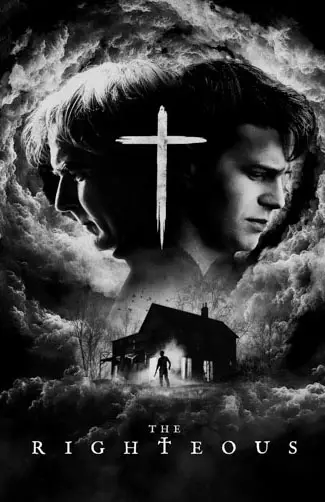
"…there’s no denying its cinematic merit."
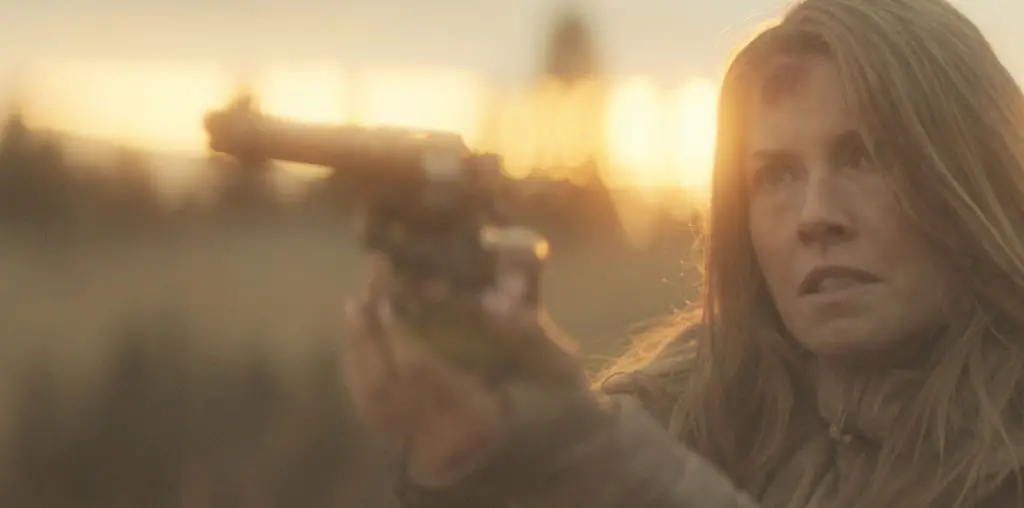
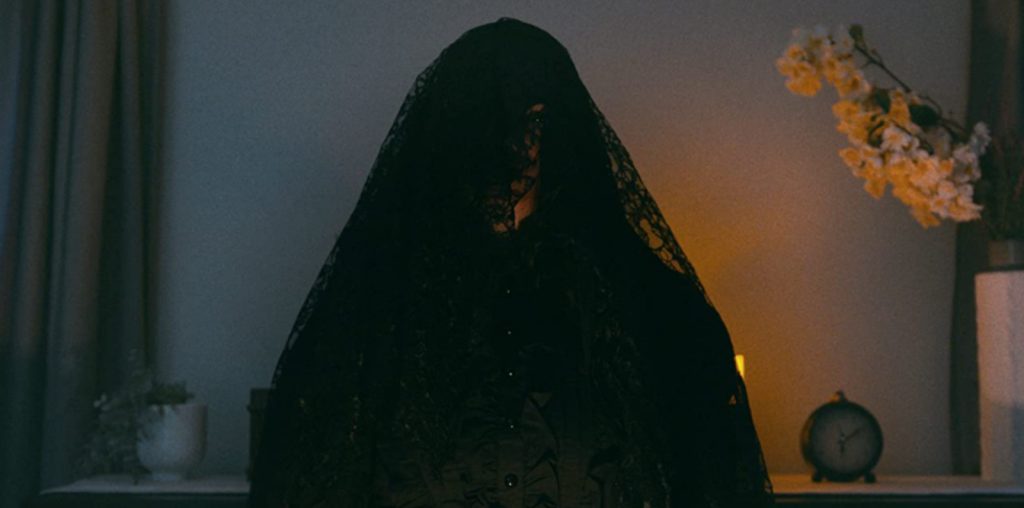
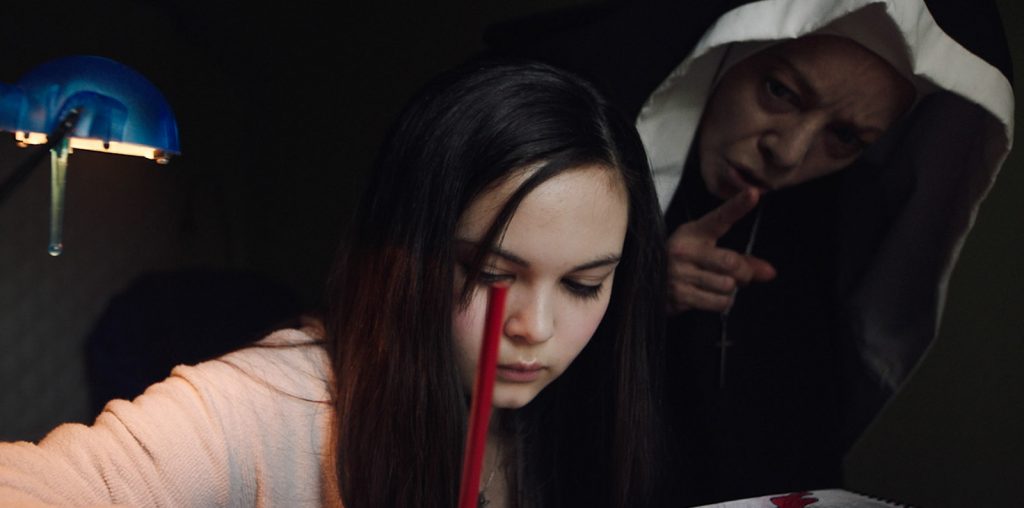
[…] Source link […]